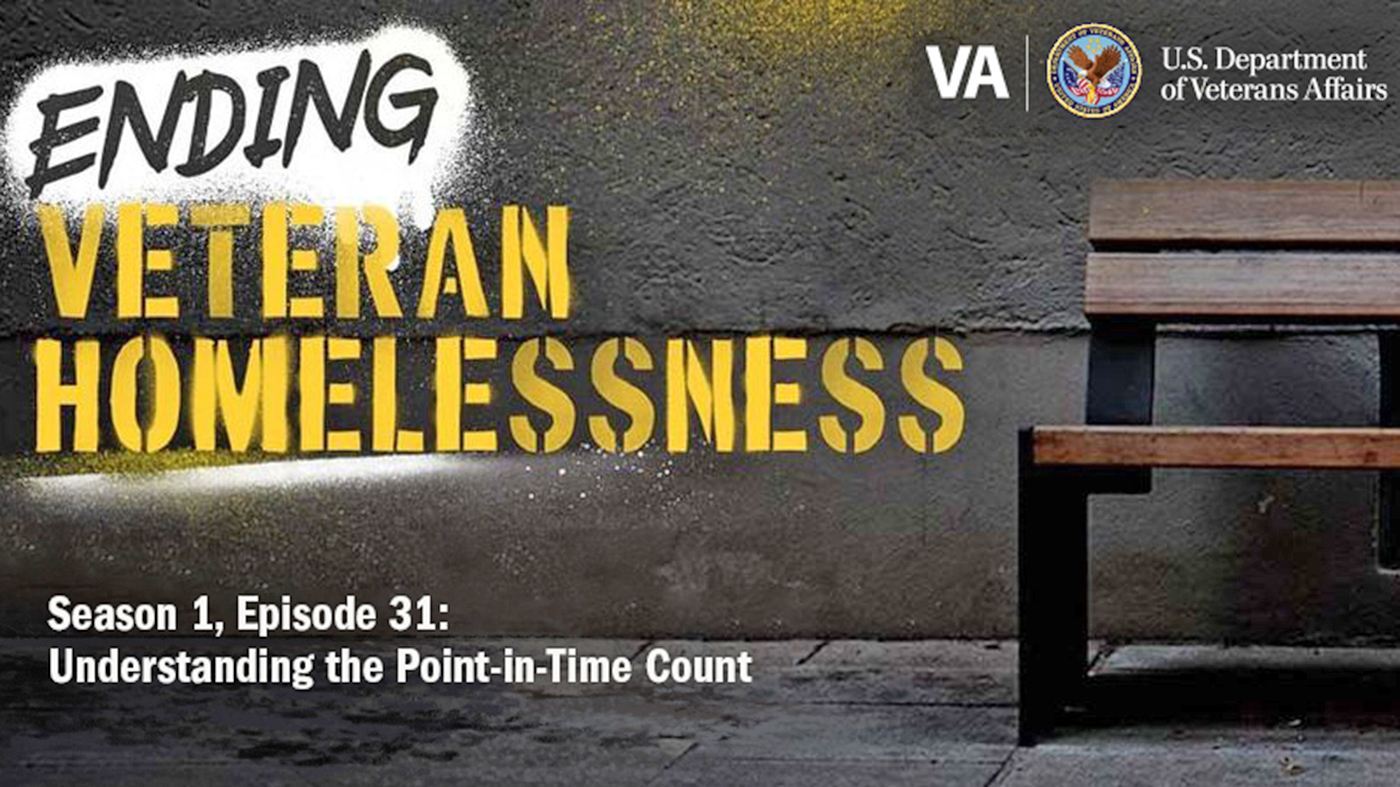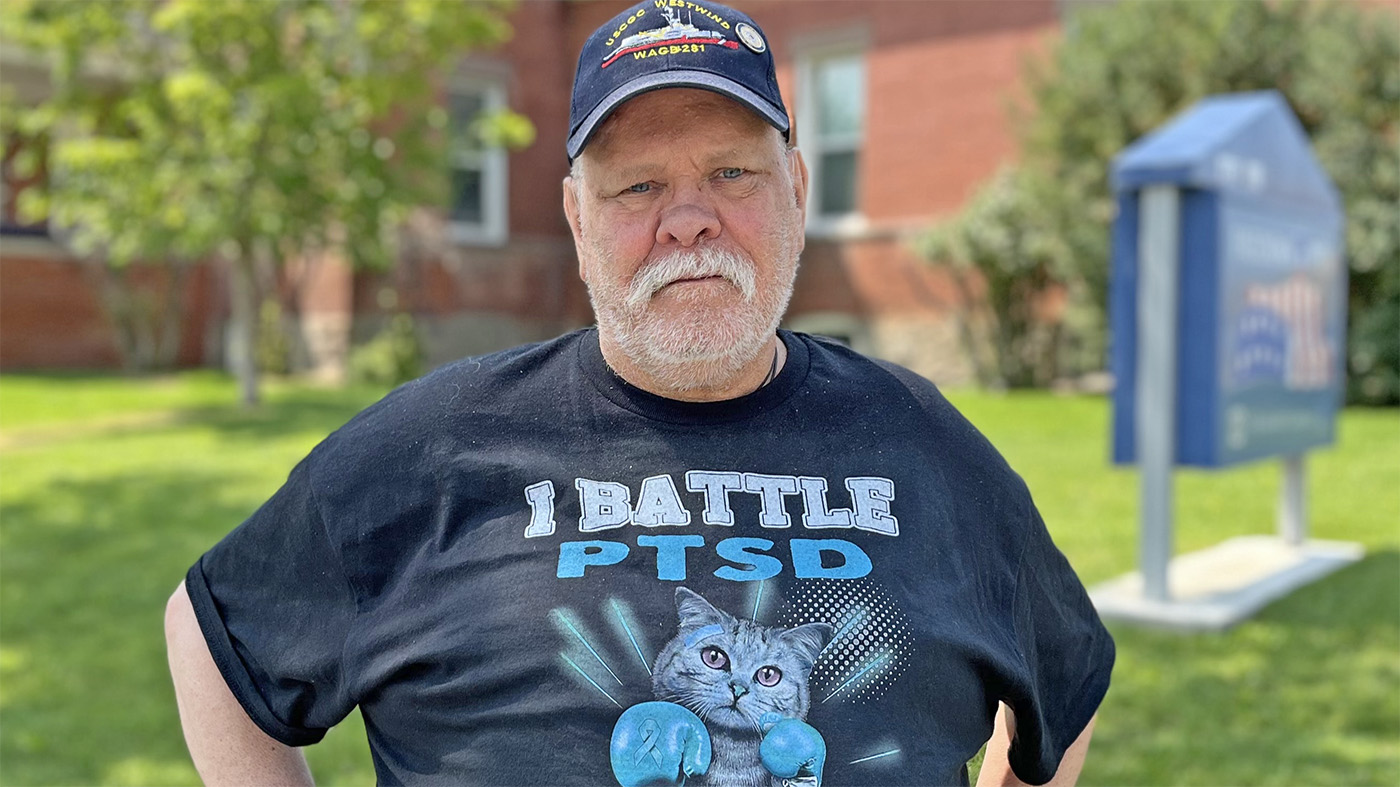To continue serving Veterans during the COVID-19 pandemic, Veterans Treatment Courts (VTCs) across the country have moved to services online.
VA’s Homeless Programs Office supports VTCs through the participation of its Veterans Justice Outreach Specialists. These VJO specialists assess Veteran defendants’ treatment needs and link them with the appropriate VA treatment services. They also provide regular updates to the court on the Veteran’s progress throughout their treatment.
To make it happen, VTCs and VJO specialists throughout the country set up daily remote options to schedule court appearances. On any given call, there can be 25 to 30 people. This includes the Veteran, the Judge, the prosecutor, the case coordinator, and others.
“When the pandemic hit, we were able to close the court down almost immediately and move to phone and online communications,” said Jessica Mann, VJO Program Specialist at the Salt Lake County Third District VTC.
“In the first two weeks of not meeting in court, we coordinated daily contact with Veterans in our program. They could call us, or we could call them for a daily check-in until we figured out how to further serve them.”
Veteran mentors now fill that role. They provide nonclinical support to the Veteran participants on behalf of the VTC. Over the past month, Veteran Al Palmer, a mentor at the Salt Lake County Third District VTC, has delivered food and made face masks for Veteran participants and their families.
“I’ve been checking in with Veteran participants every week or delegating other mentors to do so,” said Palmer. “I’ve always liked the feeling of helping people. And now, as a mentor, I get that feeling again.”
Mann said VTCs across the country wouldn’t have survived without the mentors. She said she recognizes the remarkable resiliency of Veterans in the current situation.
“During this time, I’ve been so amazed and impressed with all of the ways our Veteran participants have come together to support one another,” she said.
About Veterans Treatment Courts
VTCs offer a second chance for Veterans involved with the criminal justice system by addressing their underlying clinical needs. As a result of the shift in the way that justice-involved Veterans are managed, recidivism rates among this group are lower. Also, many have successfully reintegrated back into their communities.
As of December 2019, VJO Specialists reported serving in 561 VTCs and other Veteran-focused court programs across the U.S.
More Information
- If you or someone you know is a justice-involved Veteran, email the VJO Specialist nearest you for assistance accessing VA health care services.
- Visit the Justice for Vets website to learn more about Veterans Treatment Courts.
- Check out VA’s new resource page for information on COVID-19, its impact on people experiencing homelessness, and resources that can help.
Topics in this story
More Stories
William Snow, senior program specialist at HUD, explains how the Point-in-Time Count provides valuable data on Veteran homelessness.
VA permanently housed 47,925 homeless Veterans in fiscal year 2024, exceeding its goals for the third year in a row.
VA Housing First changed the life of Grady Kendall, Coast Guard Veteran, because it was there when life knocked him down.






